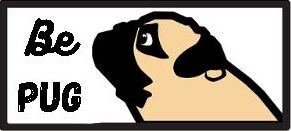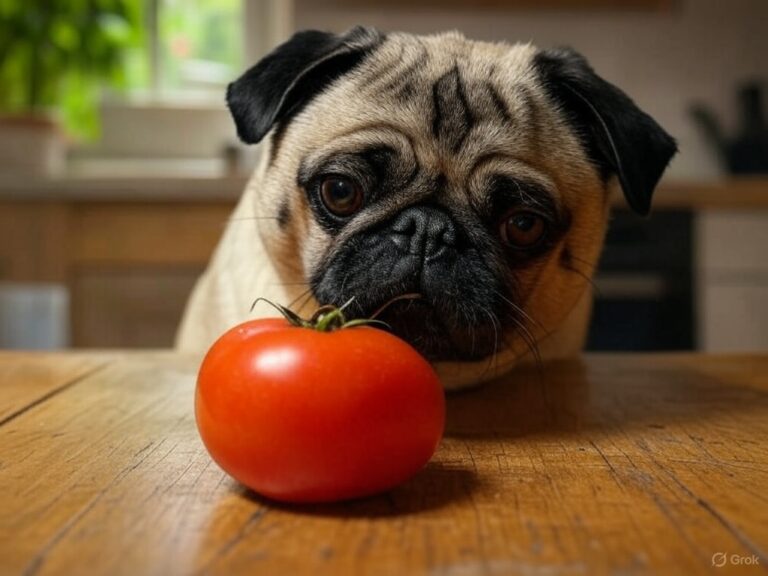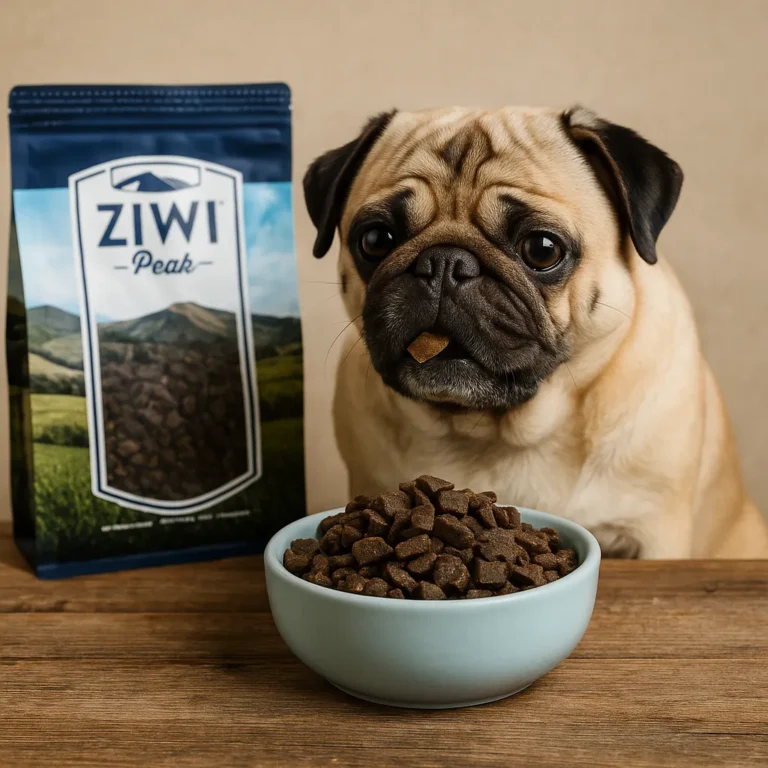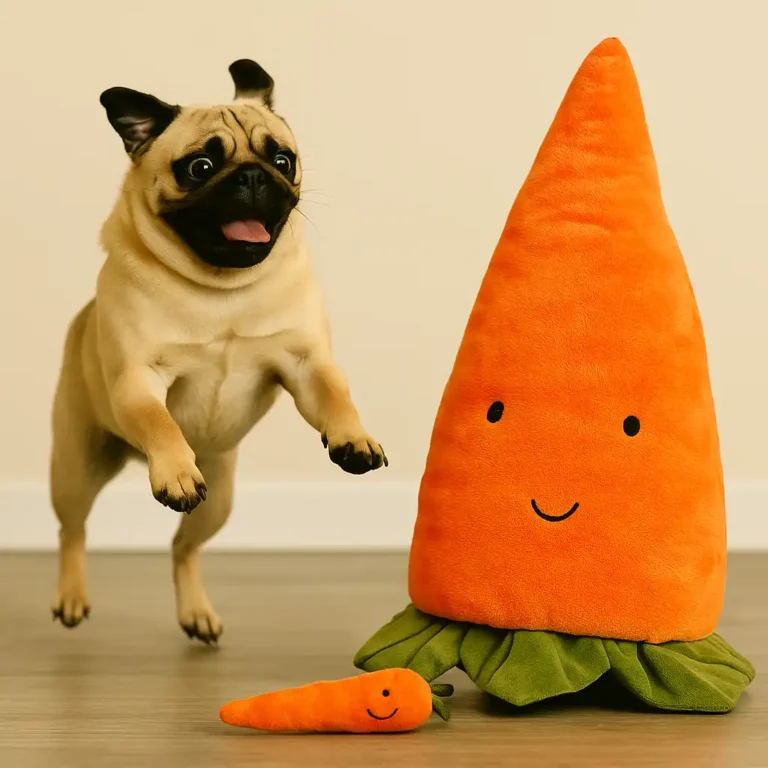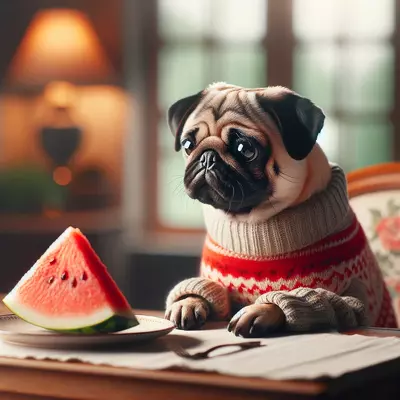Best Food for Pug Puppies – Healthy Choices for Growing Dogs
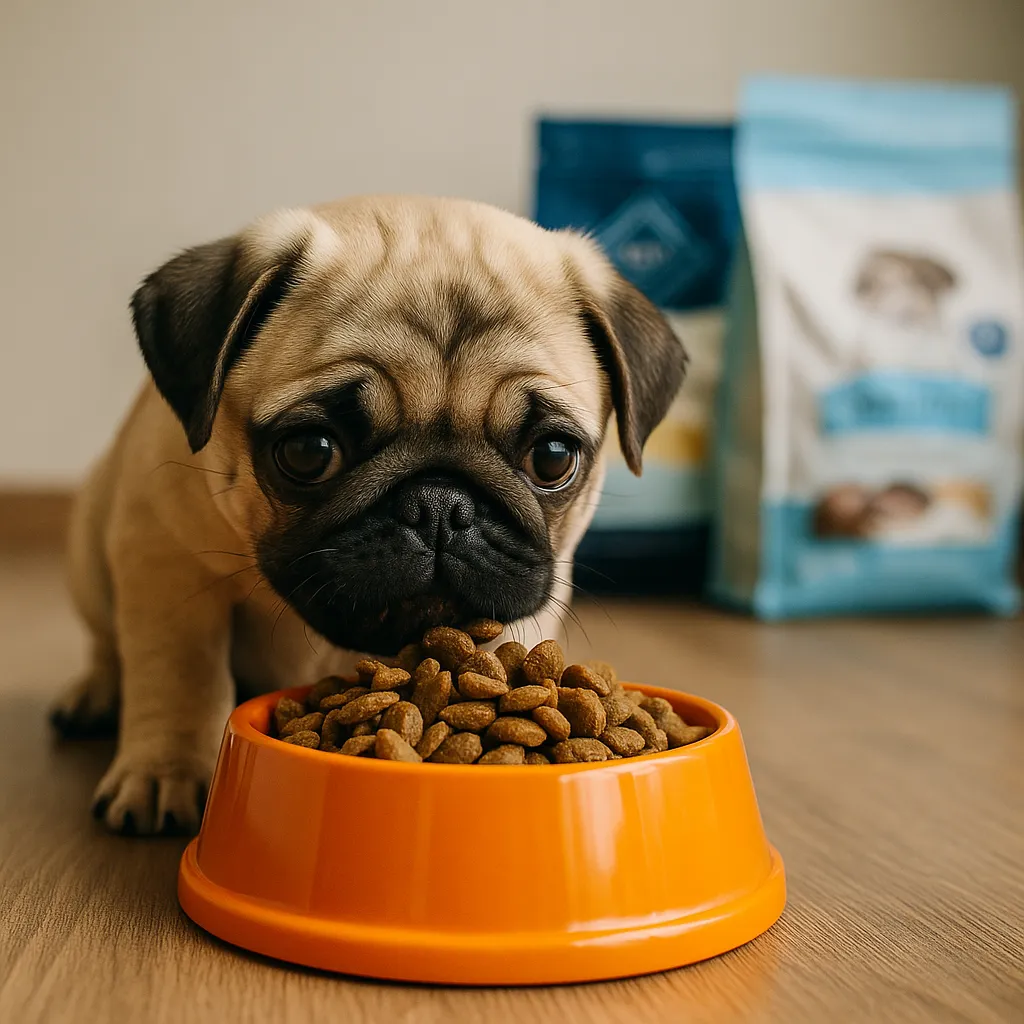
Disclosure: This post contains affiliate links. As an Amazon Associate, I earn from qualifying purchases—at no extra cost to you.
Last Updated: September 25, 2025
Feeding a pug puppy right makes a huge difference in their health and happiness. Pugs are playful but prone to sensitive digestion and weight gain, so the food you choose matters. The best food for pug puppies supports steady growth, healthy skin, and portion control to keep them thriving.
👉 For more guidance on safe and balanced meals, check our pug diet and nutrition guide.
💰 Check Price & Availability
View on Amazon – Hill’s Science Diet Puppy, Chicken & Brown Rice, 4.5 lb Bag
View on Amazon – Simply Nourish Puppy Salmon & Brown Rice, 5 lb Bag
View on Amazon – Ziwi Peak Steam & Dried Beef with Pumpkin, 28.8oz
📋 Quick-View Comparison List
🐾 Hill’s Science Diet Puppy – Chicken & Brown Rice
⚡ Strengths: vet-recommended, balanced nutrients, gentle on digestion
🐶 Best For: everyday feeding, new pug owners
⚠️ Limitations: smaller bags run out fast
🐾 Simply Nourish Puppy – Salmon & Brown Rice
⚡ Strengths: supports skin and coat health, easy-to-digest protein
🐶 Best For: pug puppies with sensitivities or itchy skin
⚠️ Limitations: availability may vary depending on store location
🐾 Ziwi Peak Puppy – Beef with Pumpkin
⚡ Strengths: premium protein, air-dried, filler-free
🐶 Best For: allergy-prone pups, picky eaters
⚠️ Limitations: very expensive compared to kibble
🔍 Why Choosing the Best Food Matters for Pug Puppies
Because pugs are small and have flat faces, every bite of food counts. Poor-quality food can trigger stomach upset, itchy skin, or weight gain that makes breathing harder. A trusted puppy formula helps them grow stronger and reduces the risk of future health issues.
🔍 Dry vs. Wet Food for Pug Puppies
Dry food like Hill’s and Simply Nourish is easy to measure, store, and helps with dental health. Softer foods like Ziwi Peak are more appealing for picky eaters and add moisture, which is helpful for hydration. Many pug owners mix the two for balance.
📦 Hill’s Science Diet Puppy – Chicken & Brown Rice
Hill’s balances nutrition with easy digestion, which is why many vets recommend it. The chicken and rice blend supports steady energy while staying gentle on a pug’s stomach. The only drawback is the smaller bag size, so you may need to buy more often.
📦 Simply Nourish Puppy – Salmon & Brown Rice
This recipe uses salmon, which is packed with omega fatty acids to support skin and coat health. It’s a good option for pug puppies that struggle with itchy skin or mild sensitivities. Availability may vary by store, but when you can find it, it’s a solid choice for sensitive pups.
📦 Ziwi Peak Puppy – Beef with Pumpkin
Ziwi Peak is the premium pick, using air-dried beef, organs, and pumpkin in a filler-free formula. It’s perfect for allergy-prone or picky pug puppies. The cost is high, but smaller servings are nutrient-dense, so it lasts longer than it seems.
📌 Key Takeaways
- Hill’s is a reliable everyday dry food for pug puppies
- Simply Nourish supports skin and coat health with salmon protein
- Ziwi Peak is a premium choice for allergy-prone or picky pups
- Portion control is key to avoid unhealthy weight gain
🟢 FAQs
Q: What is the best dry food for pug puppies?
Hill’s Science Diet Puppy is a safe, balanced option that many vets recommend.
Q: Can pug puppies eat wet food every day?
They can, but mixing wet with dry helps with dental health and prevents overfeeding.
Q: How much food should I feed my pug puppy?
Follow the feeding chart on the bag, then adjust based on age and activity. Smaller, more frequent meals are usually best.
✅ Conclusion
The best food for pug puppies depends on your pup’s unique needs. Hill’s is a dependable everyday choice, Simply Nourish is gentle and supports skin health, and Ziwi Peak is the premium pick for allergies or picky eaters. No matter which you choose, starting with the best food for pug puppies helps your little one grow strong and stay healthy.
